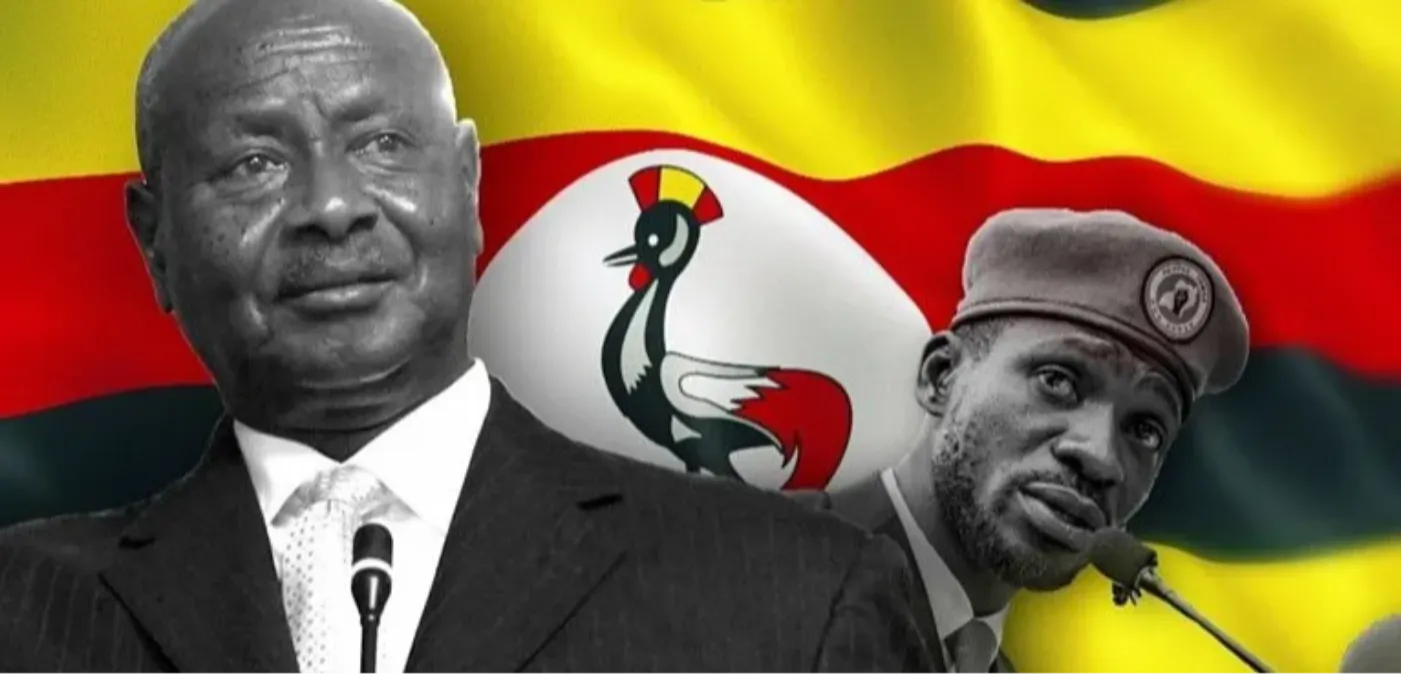KAMPALA, Uganda — The opposition National Unity Platform (NUP) has confirmed that its flag bearer, Robert Kyagulanyi Ssentamu, better known as Bobi Wine, will be nominated by the Electoral Commission (EC) on September 23, 2025, to contest in Uganda’s 2026 presidential elections.
According to the EC’s official roadmap, September 23 and 24 are designated dates for presidential nominations at the Commission’s new headquarters in Lweza, Ssaabagabo, Makindye Division.
Notably, President Yoweri Museveni, the ruling NRM’s candidate, is also expected to present his nomination papers on the same day as Bobi Wine, setting the stage for a highly symbolic face-off that underscores the rising political tensions ahead of the polls.
Post-nomination rallies
Following his nomination, Mr. Kyagulanyi is expected to hold rallies in Nateete and Katwe, Kampala suburbs known for their strong opposition support.
The events are anticipated to attract large crowds, further intensifying the political atmosphere along the Entebbe–Kampala highway and within Lweza.
Security protocols on Entebbe Highway
Whenever President Yoweri Museveni is expected at an official venue, security agencies typically begin preparations days in advance.
Roads are often sealed off, and heavy deployment is routine.
With both Mr. Museveni and Mr. Kyagulanyi scheduled for nomination within the same two-day window, analysts warn of logistical disruptions and heightened tensions along the busy highway.
Balancing the schedule
Speaking to this publication, EC spokesperson Julius Mucunguzi noted that while NUP had the right to select its nomination date, the Commission must “synchronise with other stakeholders, including the President, who is also due for nomination.”
The remark underscores the delicate balancing act facing the EC, which must manage the process where the incumbent head of state is also a candidate.
Museveni’s incumbency advantage
President Museveni, who has ruled Uganda for nearly four decades, will again stand as the flag bearer of the National Resistance Movement (NRM).
Unlike other contenders, Museveni continues to benefit from the privileges of office while campaigning — a longstanding concern for opposition groups and international observers.
Since 2001, Uganda’s Supreme Court has repeatedly recommended reforms to create a level playing field, including stripping the incumbent of presidential privileges months before nominations.
Successive governments have not implemented these changes, leaving challengers at a structural disadvantage.
A history of uneven contests
Ugandan presidential elections have frequently been marked by allegations of bias and state interference.
The long-running rivalry between Mr. Museveni and Dr. Kizza Besigye — now imprisoned — highlighted years of contested polls.
Also Read: Besigye’s party quits 2026 presidential race in bid to rally opposition against Museveni
Earlier challengers, including the late Paul Kawanga Ssemogerere, also campaigned under similarly uneven conditions.
Mr. Kyagulanyi’s candidacy represents a generational push for change but faces the same entrenched obstacles that have hindered his predecessors.
Looking ahead
As Uganda approaches the 2026 polls, Kyagulanyi’s nomination on September 23 will be a key political moment.
The combination of a charged political climate, security-heavy nomination procedures, and the enduring dominance of Museveni’s incumbency will shape both the spectacle and credibility of the electoral process.
Whether the Electoral Commission (EC) can deliver a transparent and equitable nomination exercise will once again test the integrity of Uganda’s electoral system.
